This article is written by a student writer from the Her Campus at FSU chapter and does not reflect the views of Her Campus.
At just 26 years old, Jane Goodall entered the forests of Tanzania with a notebook, binoculars, and an unshakable curiosity about the world. It was 1960, a time when few women were taken seriously in science. Very few people even dared to enter the wild, never mind mostly on their own. However, as sunlight filtered through the trees, Goodall began a journey that would redefine not only science but humanity itself.
Today, decades later, her name carries a quiet power. Dr. Jane Goodall wasn’t only a scientist, she’s a symbol of compassion, perseverance, and purpose. Her work continues to inspire new generations of activists, dreamers, and students who, like her, want to make a difference in a world that may often feel overwhelming.
Goodall’s story began long before she entered the Tanzanian forest. As a young girl in England, she was fascinated by animals; she once hid for hours in a chicken coop, just to see where eggs came from. That curiosity never left her. Without any formal scientific training, she traveled to Africa to work with famed paleoanthropologist Louis Leakey, who wanted someone unbiased, patient, and able to see animals as individuals rather than data points.
Breaking Barriers Through Observation
In 1960, Goodall began her groundbreaking research on chimpanzees at Gombe Stream National Park. Her discoveries there shocked the scientific world: she observed chimpanzees making and using tools, something previously thought to be uniquely human. Even more revolutionary was her insistence on naming the chimpanzees she was studying — David Greybeard, Flo, and Fifi — instead of assigning them numbers.
This small act challenged the rigid objectivity of traditional science and opened the door to a more empathetic, relational way of studying the natural world.
Empathy in Science
Goodall didn’t just redefine primatology; she redefined what it meant to be a scientist. Her gentle, observant approach (watching, not intervening) reflected an emotional intelligence rarely celebrated in academia at the time.
Her work revealed that empathy and scientific observation aren’t distant ideas from one another; they’re allies in understanding the world around us, a fact that, in our world, shouldn’t be so easily forgotten.
In a field dominated by men, Goodall’s success seemed to be a quiet rebellion. She showed that science could be both rigorous and compassionate; that emotion could coexist with evidence. In doing so, she became a model for those who wanted to enter spaces that previously didn’t welcome them.
Lasting Activism
After decades of groundbreaking research, Goodall might’ve chosen to rest quietly among her notes and findings. Instead, she transformed into a global advocate for animals, the environment, and humanity. In 1977, she founded the Jane Goodall Institute and later launched Roots & Shoots, a youth-led movement that grew to span over 100 countries.
Her message to us? “Every individual matters. Every individual has a role to play. Every individual makes a difference.” In October 2025, while on a speaking tour throughout the U.S., Jane Goodall passed away at the extraordinary age of 91. Her work and voice, though, continue to echo across the world.
In an age of burnout, overexposure, and monumental power struggles, Goodall’s story is refreshingly grounded. She began her journey with curiosity and care. Her life teaches us that purpose isn’t found by following the perfect path. It’s discovered in small, consistent acts of love toward the world around us.
Jane Goodall’s Legacy of Hope
Goodall’s legacy continues to evolve because it speaks directly to our current moment, where we must care deeply, listen to nature, and use empathy as a tool for change. When Goodall looked toward the future, she didn’t see doom; she saw possibility. Her voice continues to remind us that even in the face of crisis, hope is a choice. It’s an act of defiance.
Like the young woman who once sat quietly in the forest, taking notes, we too can start small with kindness, curiosity, and the belief that our actions matter. If Jane Goodall taught us anything, it’s that sometimes, to change the world, you just have to listen.
Want to see more HCFSU? Be sure to follow us on Instagram, Twitter, TikTok, YouTube, and Pinterest!

.jpeg)




















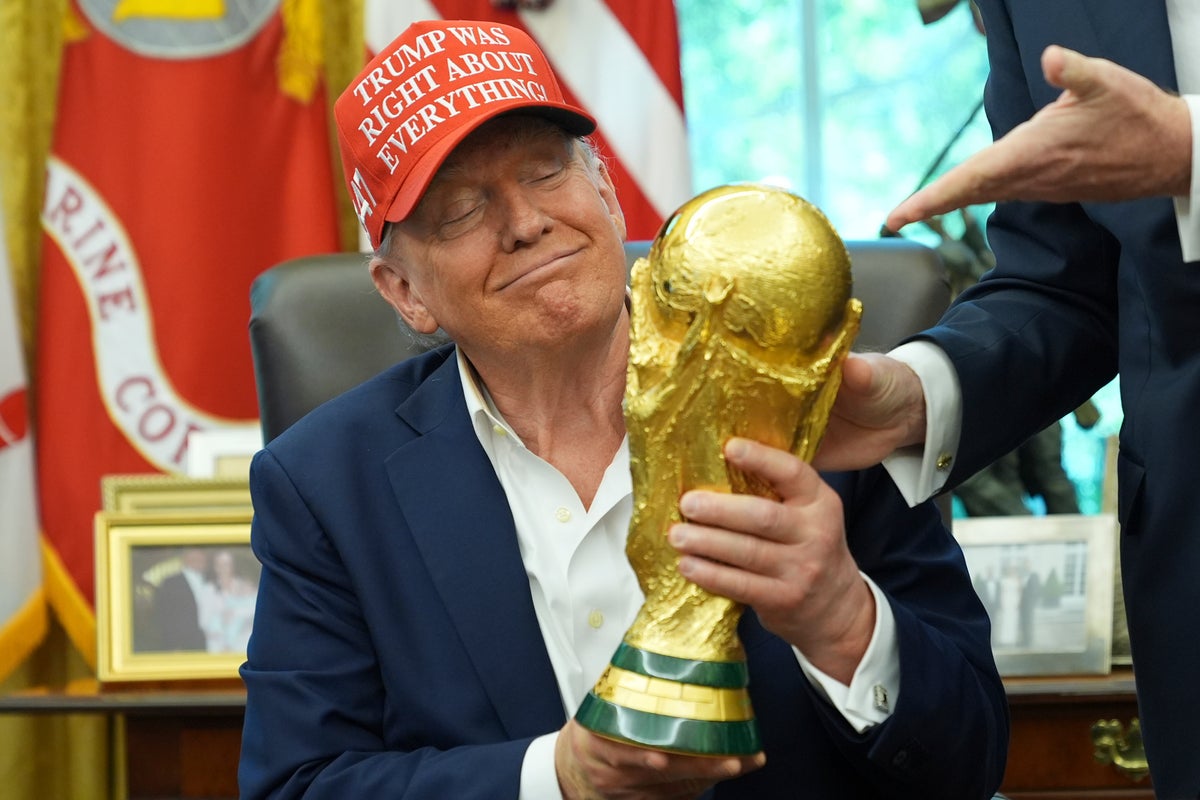

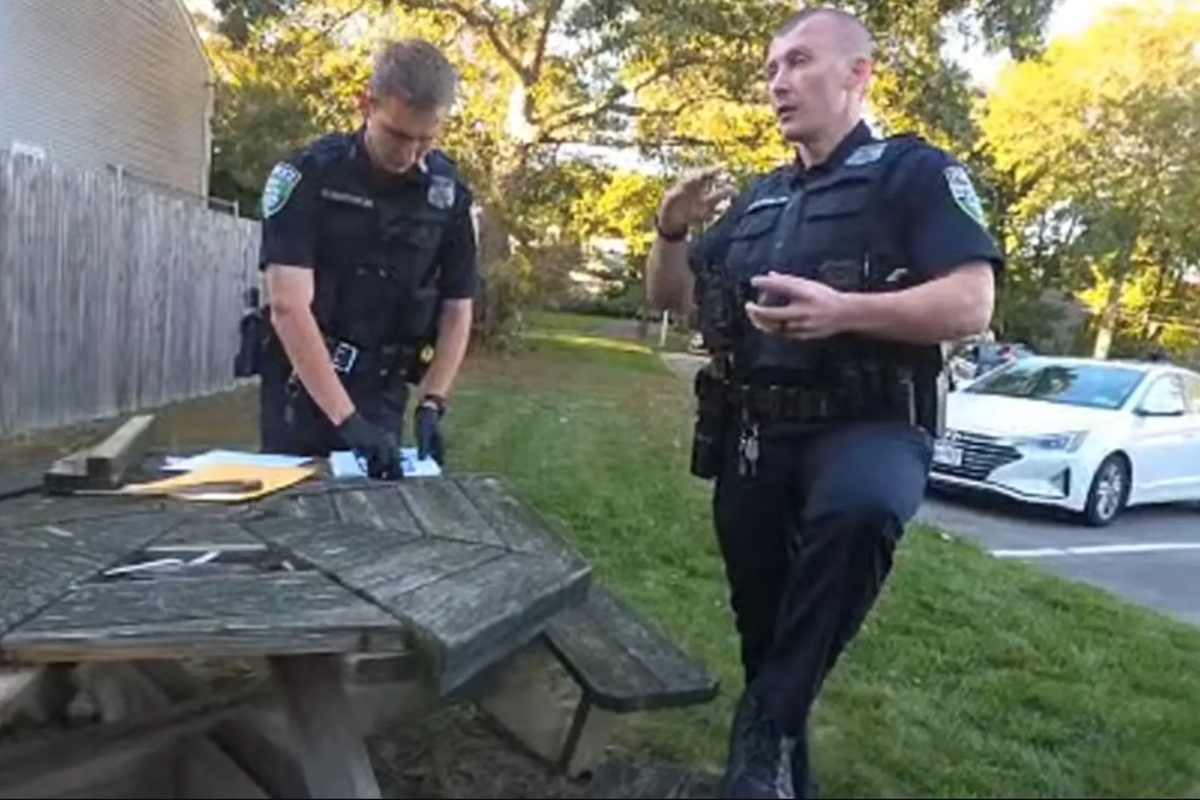

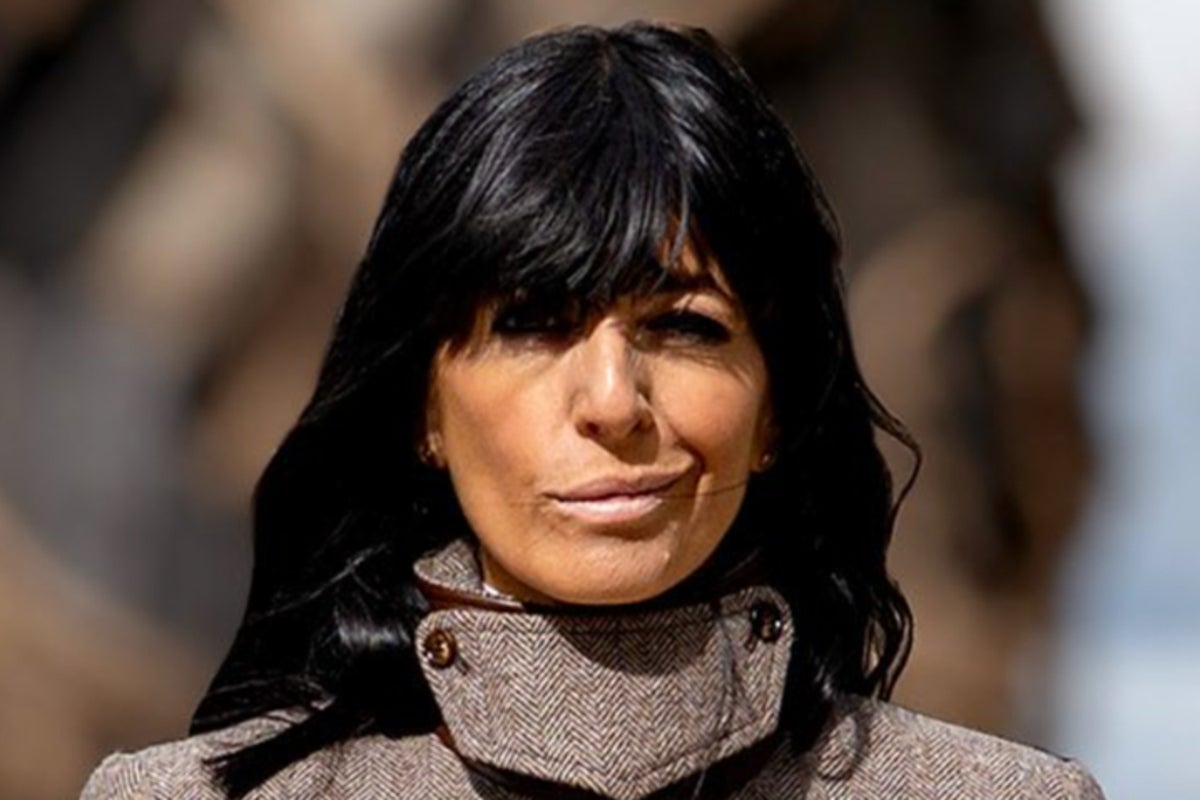





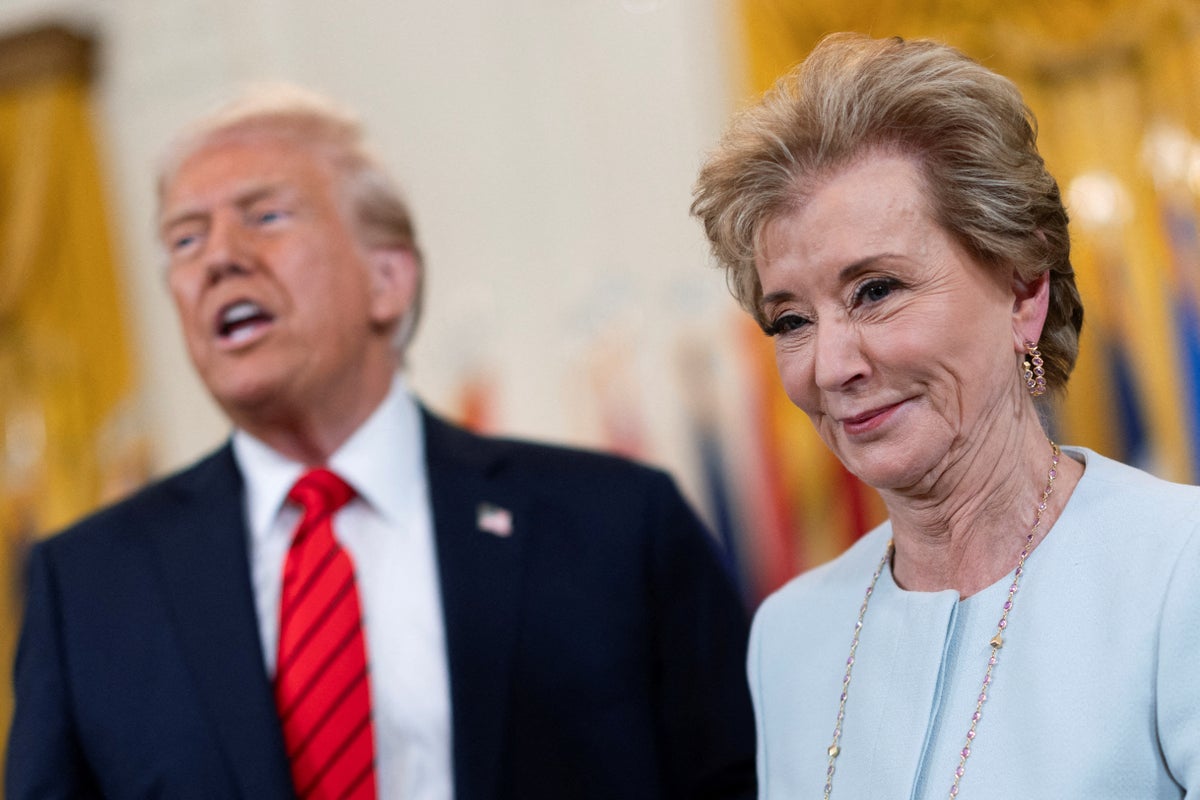

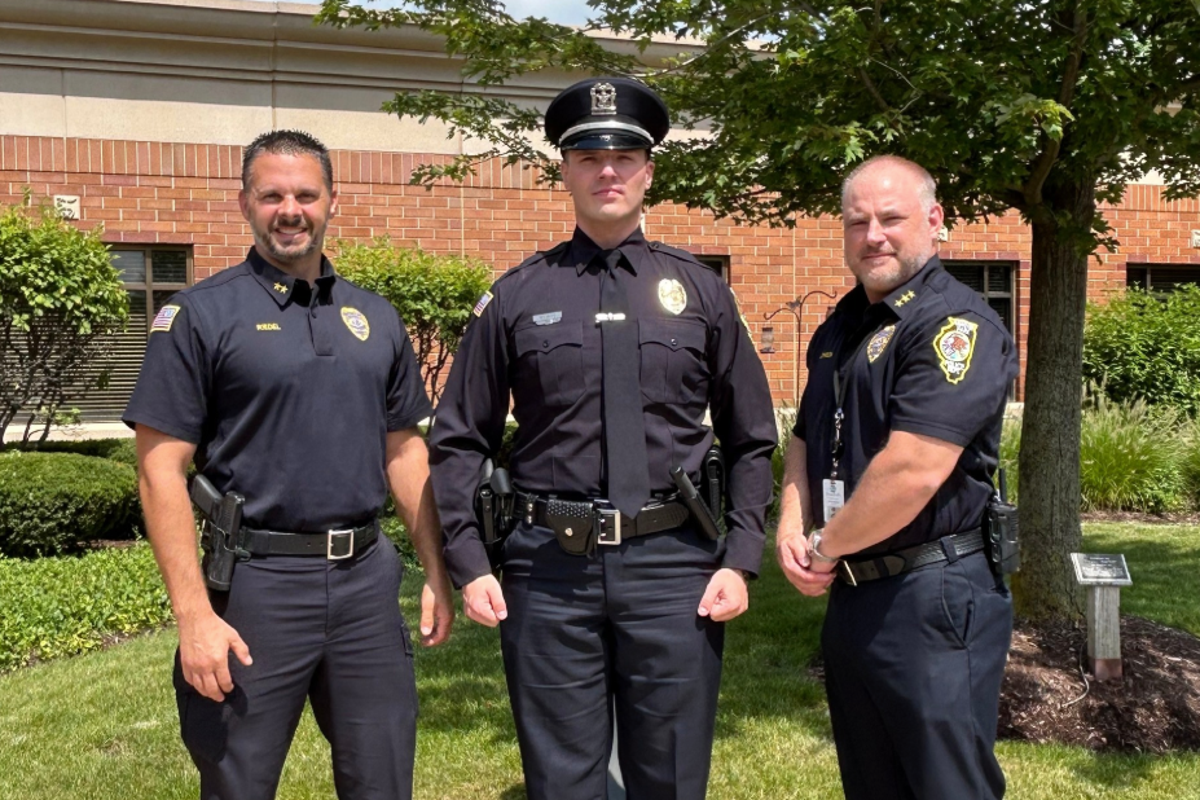

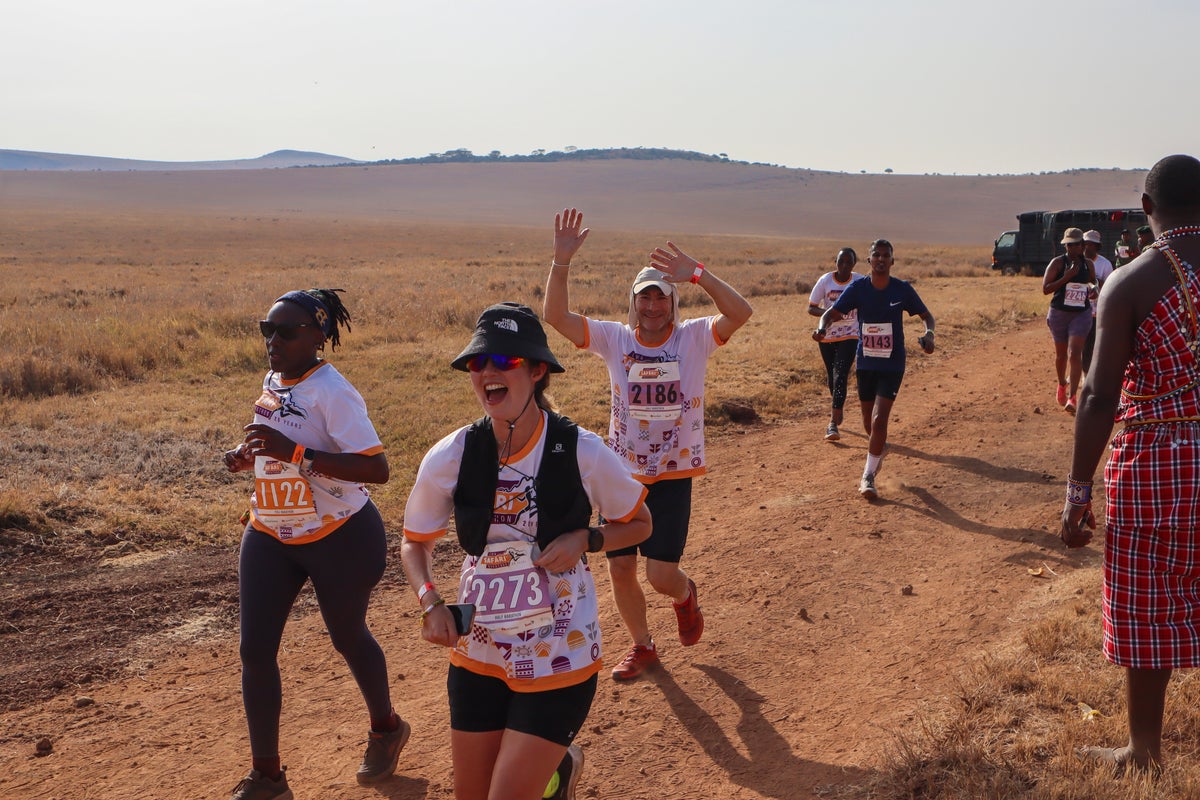
 English (US) ·
English (US) ·